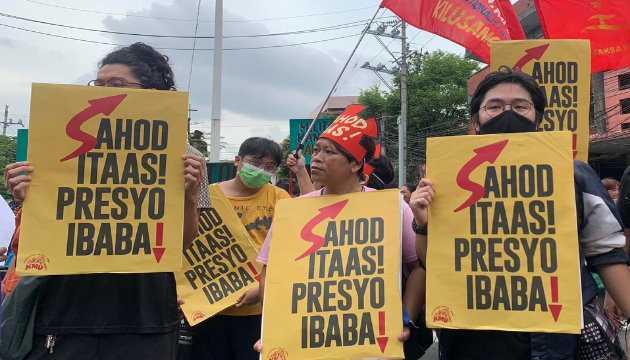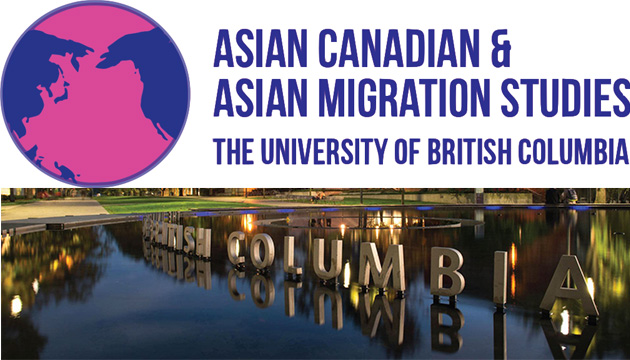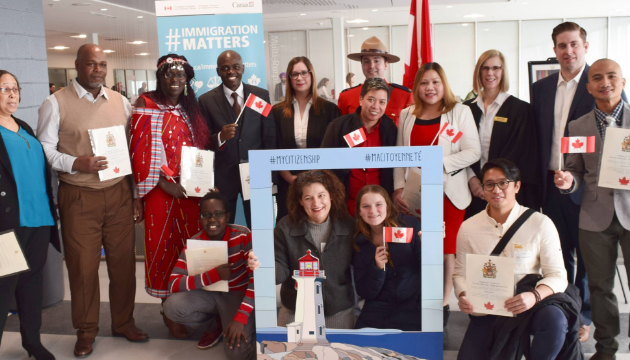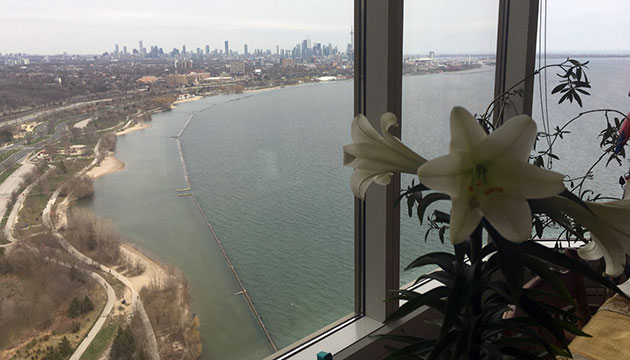September 1, 2023 - On April 30, around 40 Filipinos and allies gathered for a panel discussion in honour of International Workers’ Day that drew links of solidarity between the Filipino diaspora and Canadian workers.
Dubbed “Sahod Itaas! Presyo Ibaba!” (Raise Wages! Lower Prices!), the Vancouver event was hosted by BAYAN (Bagong Alyansang Makabayan, or New Patriotic Alliance), an alliance of Filipino organizations representing youth, women, and migrant workers.
After Workers’ Day, Christopher “Perry” Sorio, secretary general of Migrante BC, sat down for an interview to talk about the link between Filipino activism and heritage in light of June 2023 observance of Filipino Heritage Month in Canada.
“Heritage is why we ended up here,” Sorio said.
He moved from the Philippines to Toronto in 1989, and then to Vancouver in 2016 for his work as a chemical technician. Like many Filipinos who arrived in Canada during the 1970s to the 1980s, he left the Philippines due to repressive conditions under the presidency of President Ferdinand Marcos Sr.
In the 1970s and 80s, Sorio related, Filipinos in Canada formed organizations for cultural support and international solidarity, which “exposed human rights violations under the Marcos Sr. regime and campaigned for the release of political prisoners”.
Filipinos in Canada also advocated locally on issues of labour rights, racial discrimination, and forced economic migration by forming groups like Migrante BC.
Today, these issues persist while new ones have emerged.
For example, Filipinos are increasingly immigrating as international students. Aas of 2022, the Philippines is the second-largest and fastest-growing source of international students in Canada.
International students are frequently victimized by financial scams and predatory recruitment agencies that promise permanent residency in Canada while charging extortionate tuition and even providing falsified admission papers.
BAYAN activists also claim that the root causes of migration haven’t changed either. In the Philippines, activism is frequently criminalized under counterinsurgency policies that discredit the work of advocacy groups, journalists, teachers, and artists by calling them fronts for the armed struggle in the Philippine countryside, a phenomenon popularly known as “red-tagging.”
Poverty and unemployment rates remain high, and the Philippine economy remains reliant on overseas remittances.
According to BAYAN, the situation in the Philippines is a consequence of imperialism in the country. While the Philippines is nominally independent today, it has a centuries-long history of colonial governance by Spain and the United States.
The persistence of repressive conditions in the Philippines, well-established migration pathways between the Philippines and the global north, and economic hardship in Canada, all lead Filipinos to organize collectively to better their situation.
So, what is Filipino heritage in this context?
“Our heritage is more than food, more than family gatherings,” Sorio said. “Even in the time of Andres Bonifacio, overseas Filipinos played a role in the fight for the independence and the liberation of the Filipino people.”
[Andres Bonifacio founded the Katipunan, an organization that spearheaded the nationalist revolution against Spanish colonial rule in the Philippines.]
Remembering the history of political struggle in the Philippines and overseas is an important part of our community’s history, Sorio said.
“I have no doubt that the Filipino people will triumph in their struggle for national democracy,” Sorio explained.
“We must not be afraid to say that this is the long term dream of the Filipino people: from the Katipunan to the present, our dream is to become free, liberated, and to create a state that can benefit the people and be accountable to the people.”
Filipino heritage, as Sorio noted, is a people’s struggle for home.














